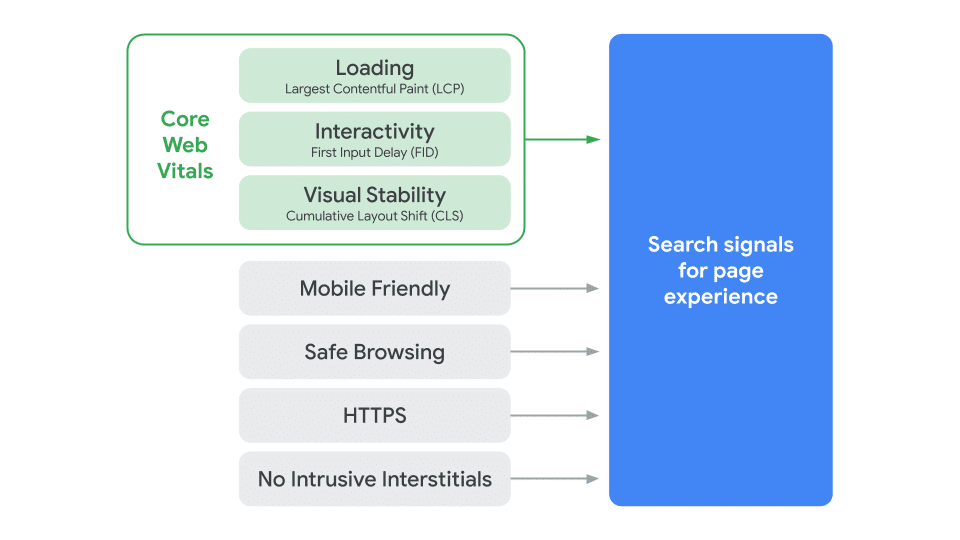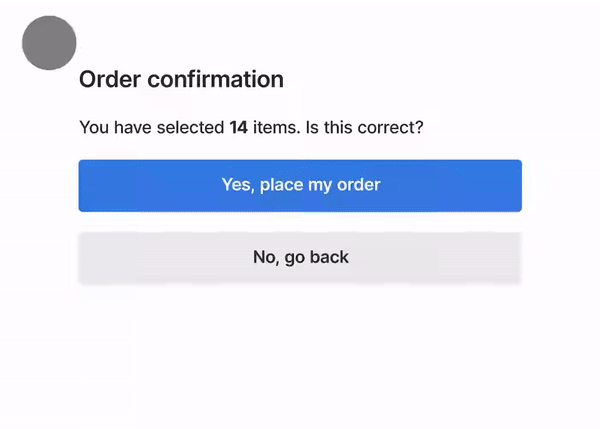
The web giant hopes to ultimately create a “holistic picture of the quality of a user’s experience on a web page.” The new ranking factors won’t be live until 2021.
In a blog post, Google announced plans to incorporate “Core Web Vitals,” like page speed, when ranking how sites appear in Search next year.
The Core Web Vitals are currently comprised of three real-world metrics relating to speed (load time), responsiveness/interactivity, and visual stability of pages — like accidentally tapping the wrong button due to a site unexpectedly moving. These signals capture the end user experience, especially on mobile.
Web developers can use Google’s development tools such as Lighthouse, PageSpeed Insights, and Search Console to let website owners gauge performance.
In a statement, Google said: “The page experience signal measures aspects of how users perceive the experience of interacting with a web page. Optimizing for these factors makes the web more delightful for users across all web browsers and surfaces, and helps sites evolve towards user expectations on mobile.”
See below an example of an ‘accidental submission’, which would be counted as a penalty in the new ranking factors:

Over the years, Google has added various user experience criteria as ranking factors on its search engine. These include mobile-friendliness and page speed.
Google is calling the upcoming ranking signal the Page Experience signal.
Along with the Core Web Vitals, the new signal consist of other existing user experience metrics. These include mobile-friendliness, safe-browsing, HTPPS-security, as well as intrusive Interstitial guidelines.
The new factors include:
- Mobile-friendliness
- Load time
- Safe-browsing
- Stability of content
- HTTPS
- Interstitials
Since user experience and expectations are continually evolving, the metrics will continue to change over time.“Because we continue to identify and measure aspects of page experience, we plan to incorporate more page experience signals on a yearly basis,” said Google.
“A good page experience doesn’t override having great, relevant content,” says Google. “However, in cases where there are multiple pages with similar content, page experience becomes much more important for visibility in Search.”
A Chrome browser plugin for evaluating Core Web Vitals should be available soon. Also, Google is working with third-parties to create other tools that can determine the metrics.
Google today said it “will prioritize pages with the best information overall,” but noted how performance is important when there are multiple sites with similar content.
Besides Search results, the new page speed metrics will be factored when ranking news that appears in the Top Stories carousel/list on the mobile web. Google will no longer require that sites be Accelerated Mobile Pages to appear.
Google made this change in April for COVID-related content, with the upcoming move still linking to AMP in mobile Search when available.
Read the full Google search rankings update announcement here.
